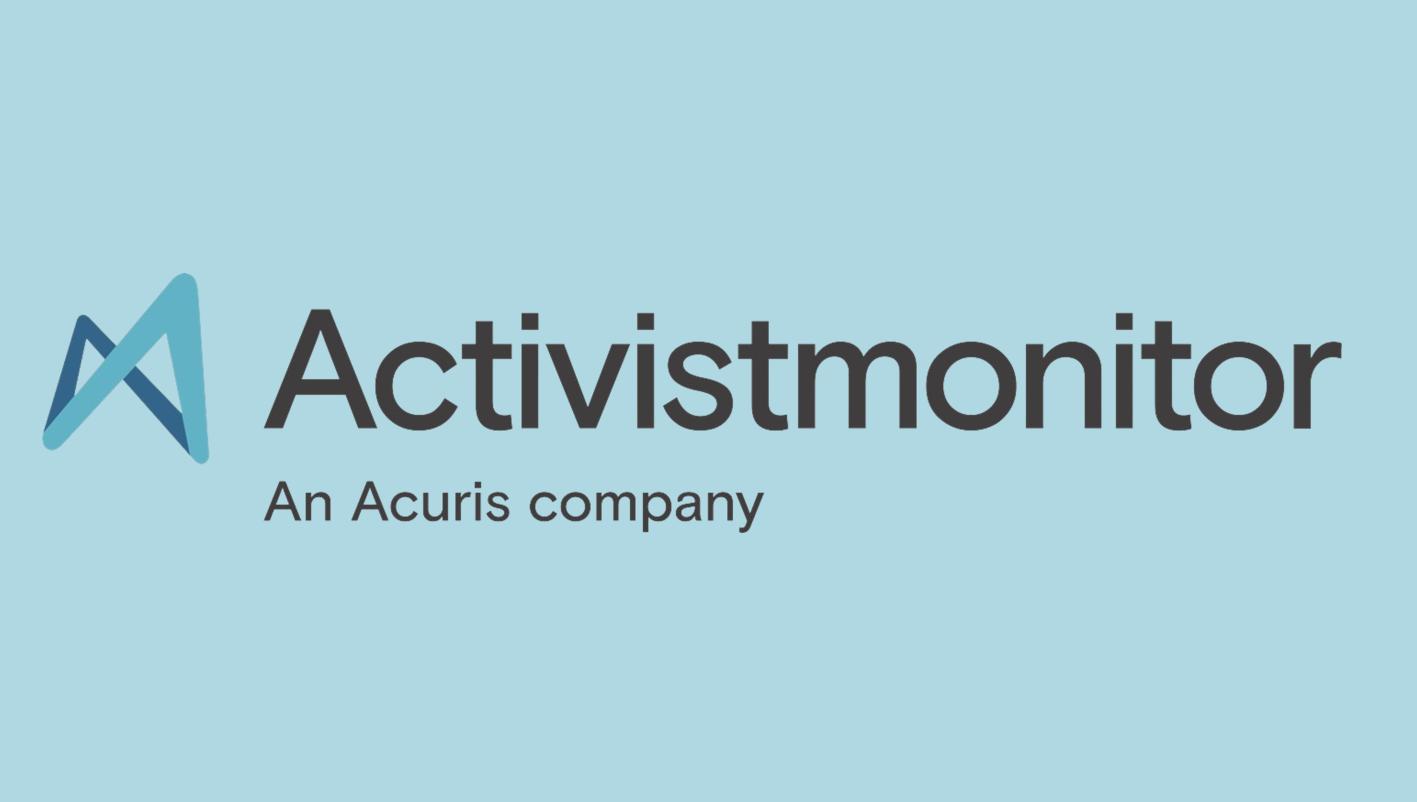Avoiding a Witches Brew: The Growing Importance of Employee Sentiment

Employee sentiment no longer lurks in the shadows. Social media platforms, productivity applications like Slack, and anonymous review sites like Glassdoor provide public forums for employees to share their views and experiences.
As is often the case with customer reviews, negative experiences are more likely to be shared than positive ones (and negative ones stand out more). In addition, it may be difficult to determine whether negative feedback is simply a lone disgruntled employee or the ‘canary in the coal mine’ for a toxic workplace culture.
External stakeholders are increasingly looking to internal culture as a data point in their assessments of companies. A slew of negative Glassdoor reviews or an unfortunate Slack message shared with a reporter could result in reputational harm and cost the company talent or, as Sidley’s Derek Zaba noted in a recent podcast with Ronald Orol from The Deal, draw the ire of an activist investor. Corporations should factor these channels into their reputation management plans and be prepared to assess and respond to employee concerns before the cauldron boils over into the public sphere.
- Gauge current sentiment through existing channels. Company-wide Slack channels or other venues for employee discussion provide real-time insights on current sentiment, particularly surrounding major announcements. They also provide an avenue for management to address any broadly shared concerns directly with all employees.
- Create internal feedback mechanisms. The best defense is a good offense. Conducting regular employee engagement and satisfaction surveys can help companies identify and proactively address employee concerns before they become larger issues.
- Monitor social media and employee review websites. Identifying current sentiment on these platforms informs strategy and provides a baseline against which the success of a strategy can be measured. Changes in sentiment can serve as a harbinger of further external agitation.
- Respond to critical posts. Companies have the opportunity to acknowledge and respond to negative feedback to provide missing context and address how concerns may be corrected in the future. A measured response can speak volumes while accusatory or canned responses may be perceived as validating the employee’s grievances.
- Encourage employees to share positive feedback. Positive experiences can counter negative feedback. While incentivized feedback is frowned upon, it is fair game to ask employees to publicly share positive experiences they have had with the company.
Amidst an ominous market outlook characterized by broad layoffs and slashed bonuses, and a political environment where companies are feeling pressure to weigh in on social issues, employers are more vulnerable than ever to employee criticism. Proactively managing employee sentiment and preparing to respond to concerns where appropriate are key to protecting a company’s reputation.
Get in Touch
For more information about Reevemark or to inquire about a potential engagement, please send us an email.
Email Us


